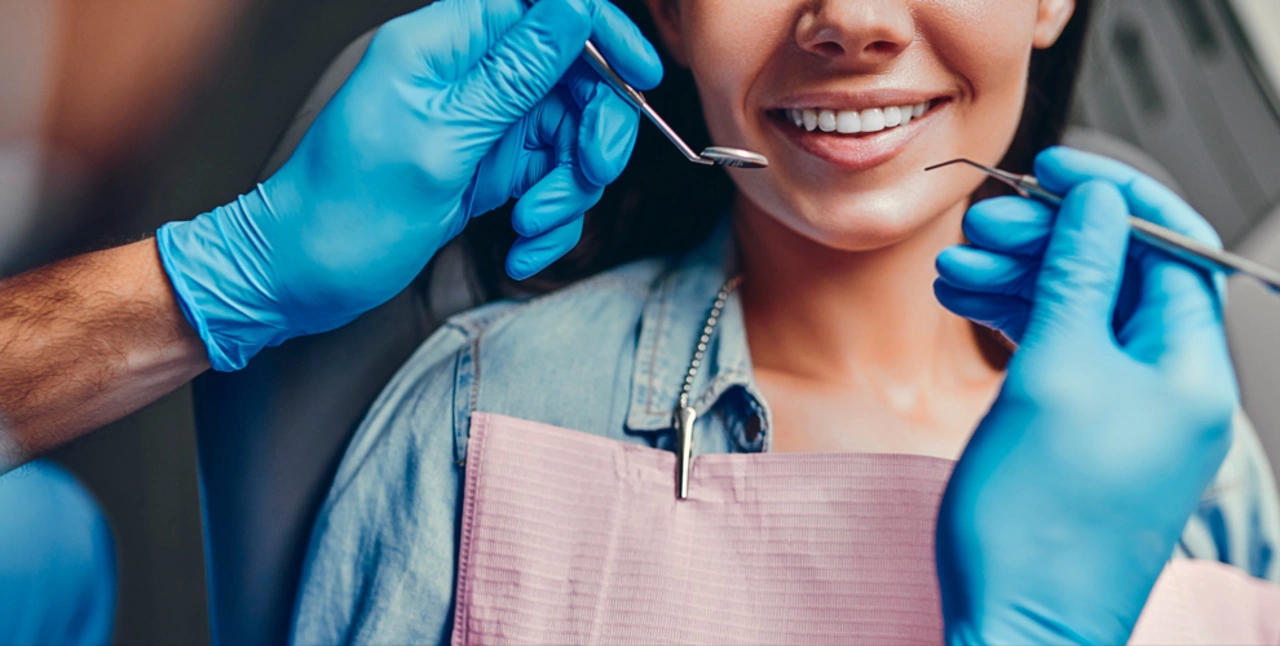Dental Health: Practical Tips to Keep Your Teeth and Gums Healthy
Think strong teeth only come from brushing? Not quite. Your daily habits, what you eat, and how you react to small problems decide whether you have a healthy mouth or a trip to the dentist. Here’s a clear, no-fluff guide you can start using today.
Daily routine that actually works
Brush twice a day for two minutes with a soft-bristled brush. Hold the brush at a 45° angle and use gentle circular motions—no scrubbing. Use fluoride toothpaste unless your dentist tells you otherwise; fluoride helps strengthen enamel and reduce cavities.
Floss once a day. Don’t treat flossing like optional. Floss removes plaque where your brush can’t reach. If traditional floss is awkward, try floss picks or a water flosser—pick what you’ll actually use.
Rinse with plain water after sugary or acidic snacks if you can’t brush right away. Acid softens enamel; waiting 30 minutes before brushing preserves it. Chewing sugar-free gum with xylitol for 10–20 minutes after a meal can boost saliva and lower cavity risk.
Quick fixes and when to call a dentist
Sensitive teeth? Use toothpaste for sensitivity and avoid very hot or cold drinks for a bit. If sensitivity lasts more than two weeks or becomes sharp, book an appointment—could be worn enamel, a crack, or gum recession.
Bleeding gums after brushing or flossing can mean gingivitis. Improve your cleaning routine for a week; if bleeding continues, see a dentist. Left unchecked, gingivitis can progress to gum disease, which affects bone and can cause loose teeth.
If a tooth gets knocked out: find it, hold by the crown (not the root), rinse gently if dirty, and try to place it back in the socket. If that’s not possible, keep it in milk or your cheek and get to an emergency dentist within an hour for the best chance of saving it.
Bad breath that won’t go away? Check tongue cleaning and flossing first. Persistent odor may point to a dry mouth, medication side effects, or sinus issues. Talk to your dentist; they can help pinpoint the cause and suggest solutions like saliva substitutes or simple medication checks with your doctor.
Diet matters. Cut down on sugary drinks and sticky snacks. Eat more crunchy veggies, dairy, and plain water. Calcium and vitamin D help bone and tooth health. Acidic foods are fine in moderation—just rinse or wait before brushing.
Kids and older adults need extra attention. For kids, start cleaning gums early and schedule the first dental visit by their first birthday. For older adults, watch for dry mouth and root decay; regular checks can catch problems early.
Pick products that fit your needs, not the fanciest packaging. A soft brush, fluoride toothpaste, daily flossing, and regular dental checkups are the basics. If something hurts, don’t ignore it—early care saves time, money, and teeth.
